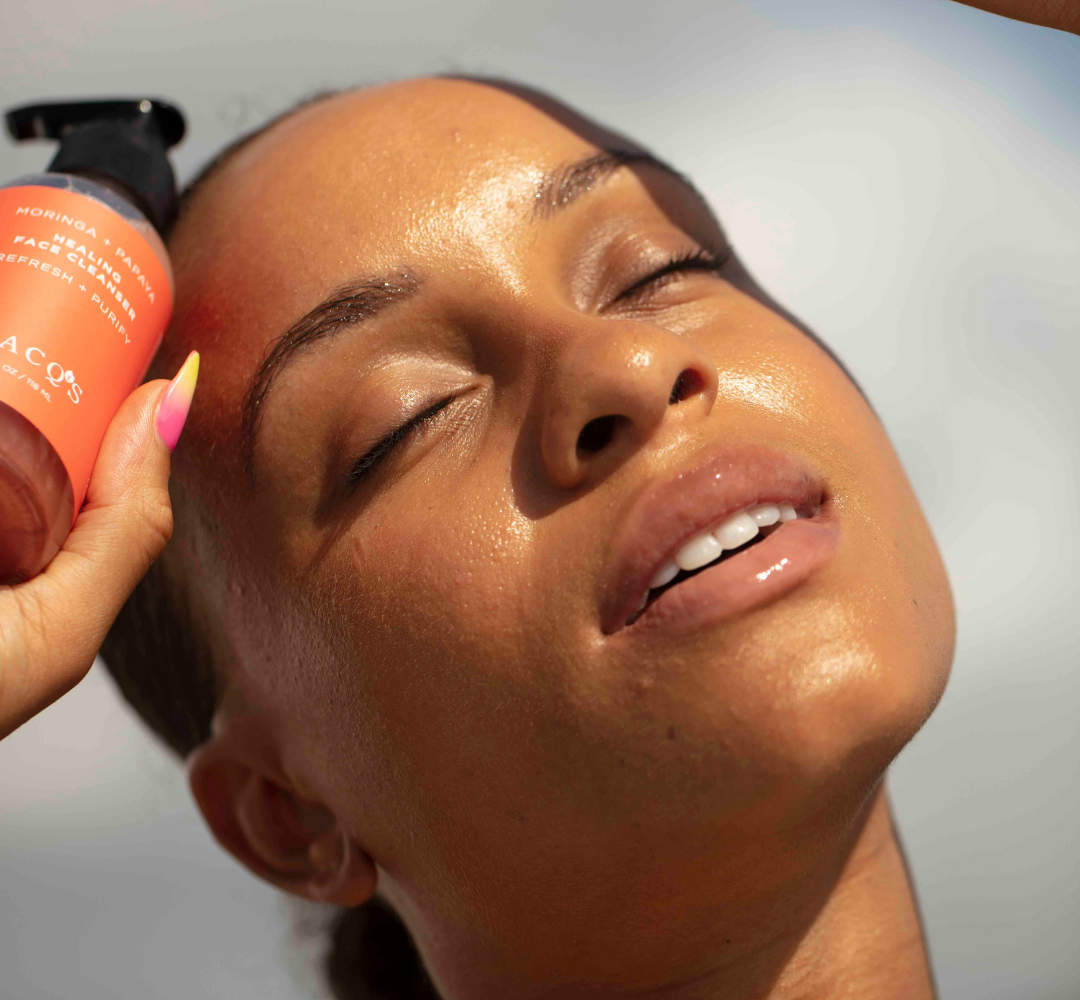
Clean Beauty Brand Jacq’s Launches Skincare Products At Target
Many retail partnerships don’t happen immediately. That was certainly the case for Target and Jacq’s.
A buyer from the chain initially reached out to Jacq’s founder Barbara Jacques a couple of years ago, but nothing came of the conversations. At the recommendation of a broker, she started talks back up pre-pandemic. “Target’s on the forefront of putting Black-owned brands on shelves and is a staple in our community,” says Jacques. She points to the pledge the retailer recently made to spend more than $2 billion with Black-owned business by 2025. Jacques says, “I feel like it’s a win-win situation, where our customers are now able to have more variety of where to physically get the product and us being able to get more eyes on the brand.”
Jacq has entered Target’s online selection with 13 stockkeeping units. Three new products, Probiotic Face Mask ($16.99), Restorative Facial Serum ($19.99) and Beta-Acid Blemish Treatment ($149.99) debuted on the site last week and will be exclusive to the big-box retailer for six months. Target will also sell the brand’s bestselling Heal and Slay Kit, which contains Nourishing Facial Moisturizer, Revitalizing Facial Toner and Healing Facial Cleanser, via e-commerce. On Jacq’s’ site, the Kit is $67. Individually, the products within it are priced from $20.49 to $23.99.
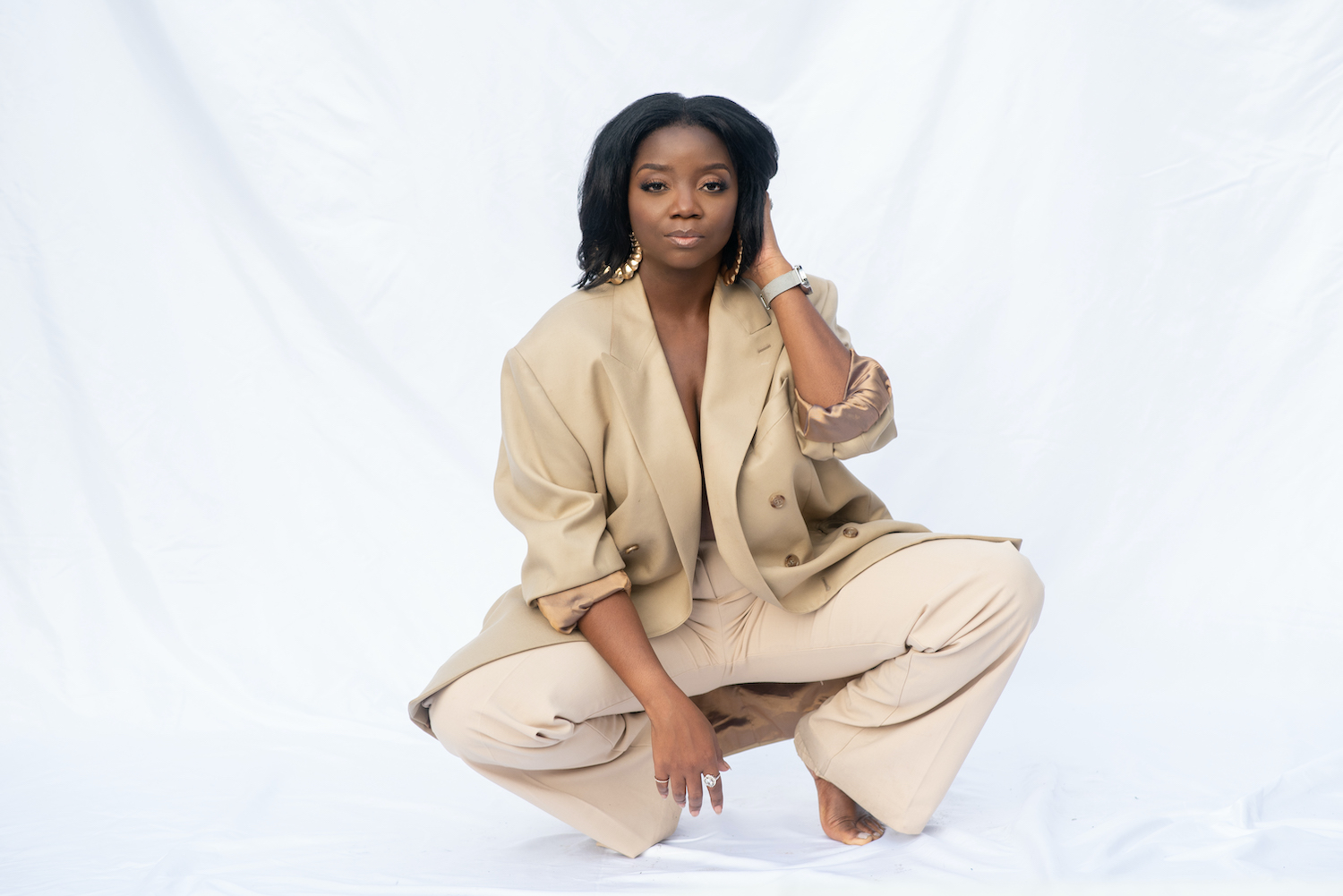
Target is Jacq’s first large national retailer. The brand is available at specialty retailers, including spas and mom-and-pop boutiques. It’s a top-performing brand at the store Inside Outer Beauty Market. The brand’s sales have thrived amid the pandemic—Jacques says its sales in 2020 jumped 400% from the prior year—but it experienced a hiccup with inventory. “The main issue was definitely resources, and a lot of our suppliers were already sold out because of the bigger brands buying up all the inventory,” she elaborates. “We had to start pulling from our Target inventory, and that was not a good thing to do, but we made up for it at the end of the year.”
For Jacques, an important takeaway from Jacq’s’ bumpy supply chain road last year was transparency counts for a lot with customers. “I think I underestimated the compassion of our community and them understanding the plight of being a small brand,” she says. “I learned the hard way about not explaining to them about our growing pains.”
Long a clean beauty cheerleader, Jacques began to pay extra close attention to her skincare products in 2010 after she learned she was expecting a baby within weeks of being diagnosed with an ovarian tumor. She says, “I’ve always been a MAC girl. I love Estée Lauder and used Clinique all the time, and it started to dawn on me that a lot of the products I was using weren’t as clean as I wanted them to be.” She stumbled upon a medical journal that delved into the effects various ingredients can have on health and those to avoid during pregnancy. “It took me down a rabbit hole, and I started studying green medicine and plant botany and, eventually, learned how to formulate products on my own for myself and my family,” she says.
“Target’s on the forefront of putting Black-owned brands on shelves and is a staple in our community.”
Jacques began selling products at her local farmer’s market. She studied the market through her customers. “I realized that there was a disconnect between the beauty industry and what women actually wanted and, then, there’s a huge gap in terms of the lack of diversity” she says. “A lot of women, particularly Asian and Black women were like, ‘I don’t feel like these brands speak to me.’”
Jacques launched Jacq’s in 2013 to acknowledge those consumers who previously felt ignored. She says, “I wanted cleaner options that were accessible and more cost-efficient, but also that promoted diversity, acceptance, acne positivity, and just destigmatizing the skin conditions and teaching women to embrace what makes them uniquely different and beautiful.”
Clean beauty has been criticized for demonizing cosmetic ingredients as toxic. As dermatologist Ranella Hirsh, a clean beauty critic, writes in an Instagram post, “No reputable skincare contains toxic ingredients.” There is no official definition of the term “clean beauty” or regulatory body patrolling brands that tout it. At Jacq’s, following the European Union’s cosmetic regulations that are stricter than regulations in the United States is “our starting point,” says Jacques. To share its ingredient approach with customers, Jacq’s has a Dirty30 list of ingredients it avoids on its site.
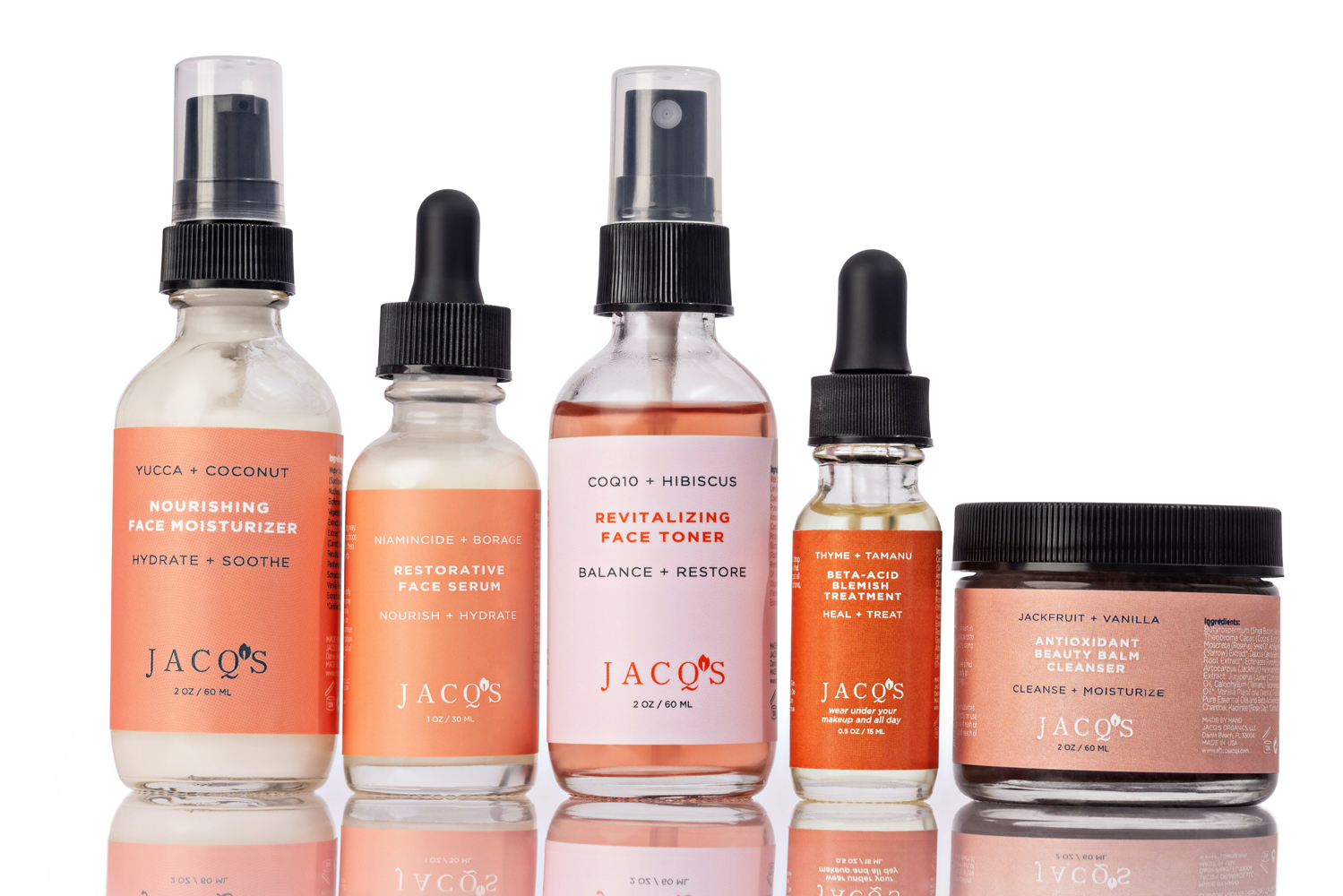
Jacques says, “There’s the extreme of every group where you have the clean brands that are like, ‘We don’t use preservatives at all,’ and I’m just like, ‘That makes no sense.’ Then, you have those that are kind of like clean-ish…All of these ingredients that are linked to birth defects, asthma, hormone disruption, ovarian issues, it’s not going into our formulas.” In developing Jacq’s’ formulas, safety is a priority, especially given the studies that show women of color are exposed to greater amounts of chemicals from beauty products than white women. Jacques says, “It has to be at the forefront of what we create and what we put out for our community because it’s about more than just me.”
Jacq’s is in the process of raising capital to scale and adjust to growing pains. Jacques started the brand with $1,000, and has relied on guerrilla marketing, strategic partnerships and community building to drive awareness up until this point. “One of the issues of being a Black-owned brand and being a female-owned brand is the lack of resources and access to capital,” she says. “It’s one of the biggest hurdles and is an ongoing challenge.”
While she faces challenges, Jacques is taking a moment to celebrate. She says, “Considering the fact that the brand started as a hobby nearly 10 ago, and it has evolved into securing retail just speaks to the longevity of the customer, of our brand and of the community that we’re building.”

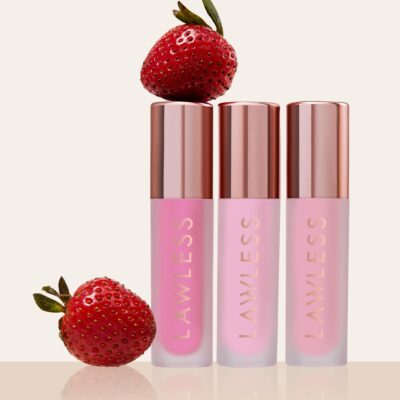
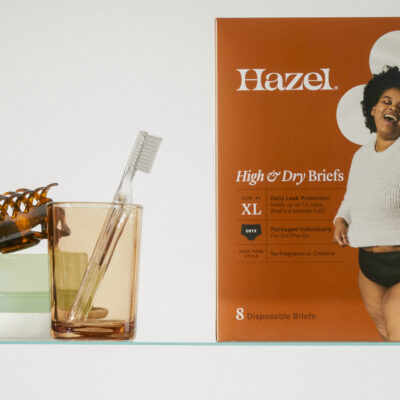
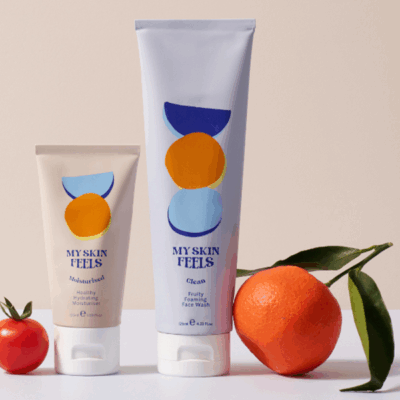
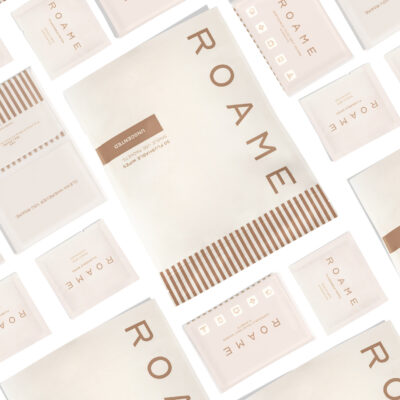
Leave a Reply
You must be logged in to post a comment.